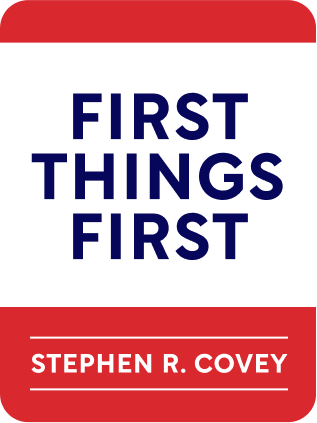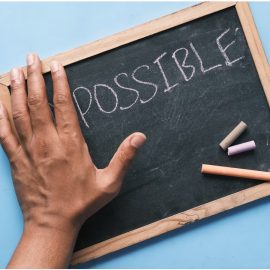

This article is an excerpt from the Shortform book guide to "First Things First" by Stephen R. Covey. Shortform has the world's best summaries and analyses of books you should be reading.
Like this article? Sign up for a free trial here .
Do you often feel like you’re being pulled in different directions but don’t have the time and/or energy to attend to everything? What is the key to finding balance in life?
Most people’s biggest source of dissatisfaction and unhappiness in life is the imbalance they feel between their different roles and responsibilities. Many people feel their work demands so much of them that there aren’t enough hours in the day to give adequate time, energy, and attention to their families. Or they’re just barely keeping up with family and work, but have no personal time for their own rest and rejuvenation, so they feel burnt out.
Here’s how to find balance in life, according to Stephen Covey.
Life in Balance
According to Stephen Covey, the feeling of being constantly pulled in different directions stems from the paradigm that balance is about either/or: You either devote the next hour to work or to family, but not to both. The either/or paradigm is largely part of Western culture and contributes to a scarcity, win/lose “chronos” mentality that there is only limited time and time spent in one role is always at the expense of another.
But in reality, the person who goes to work and brainstorms in meetings is the same person who cooks dinner at home and helps the kids with homework. Furthermore, all your roles are part of your interrelated whole person, so who you are in each role impacts who you are in all your other roles.
According to Covey, the first step to finding balance in life is to stop thinking “either/or” and start thinking “and.” Don’t compartmentalize your roles and the time you devote to each of them, but find an equilibrium where you can address multiple needs at once.
How to Create Balance Among Your Roles
It’s one thing to understand that your roles are interrelated, but it’s another to put that into practice in your time management approach. How do you combine your time when you need to create a presentation for work and also help your daughter with her science project?
Start by stepping back and taking a bigger-picture view of your roles and the skills you bring to each. Of course, there are certain job-specific skills that you need for work, like how to use a computer program or follow your company’s workflow. But there are also more general competencies and principles that translate to multiple roles.
For example, the principle of empowering those around you is as effective in developing your employees as it is in raising your children. Being proactive and accepting responsibility for your actions and their consequences are as critical in a successful marriage as they are when dealing with an unhappy customer. And showing empathy and trying to understand another person’s perspective is as important in fostering trust with your work team as it is in a friendship.
Recognizing how your skills and principles translate among your roles helps you to find ways to fulfill the needs of multiple roles at once, when possible. You may see an opportunity to fulfill your personal goal of exercising and your family goal of spending time with your son at the same time by inviting him to join you for a bike ride or a game of tennis.

———End of Preview———
Like what you just read? Read the rest of the world's best book summary and analysis of Stephen R. Covey's "First Things First" at Shortform .
Here's what you'll find in our full First Things First summary :
- How to work effectively, not just efficiently
- Why you need to think more about what you're spending time on than how much time you're spending
- The 6 steps to effectively schedule and prioritize important activities






